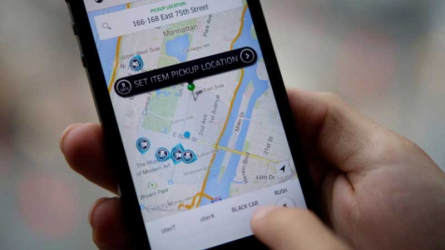×
The Standard e-Paper
Kenya’s Boldest Voice

The arrival of ride-hailing is associated with an increase of about 3 percent in the number of motor vehicle fatalities and fatal accidents, a study by the University of Chicago (UChicago) Booth School of Business found.







